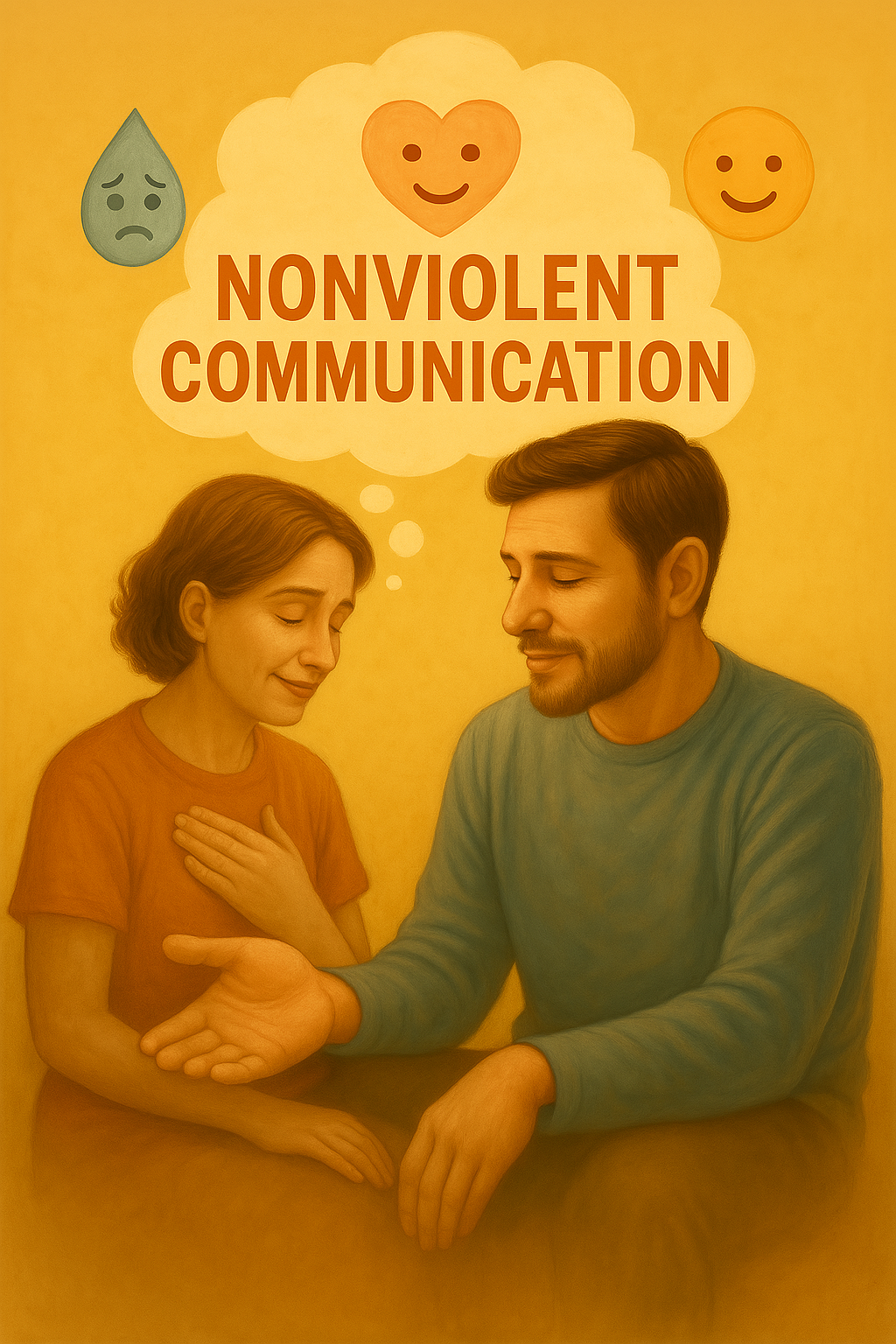My partner and I were caught in a cycle of frustration and disconnection that seemed impossible to break. Every conversation about household responsibilities would escalate into accusations and defensiveness. Working with Edi and learning NVC transformed our relationship.
I learned to express what I was observing without blame ("When I see dishes in the sink for three days") and connect it to my feelings ("I feel frustrated and overwhelmed") and needs ("because I need support and partnership"). Instead of accusing my partner of being lazy or uncaring, I could make a clear request: "Would you be willing to create a schedule with me for sharing household tasks?"
What surprised me most was how this approach completely changed the energy between us. When I stopped attacking, my partner stopped defending. We could finally hear each other. Now we're able to resolve conflicts that used to last for days in just minutes, with both of us feeling respected and understood.
— David,322

